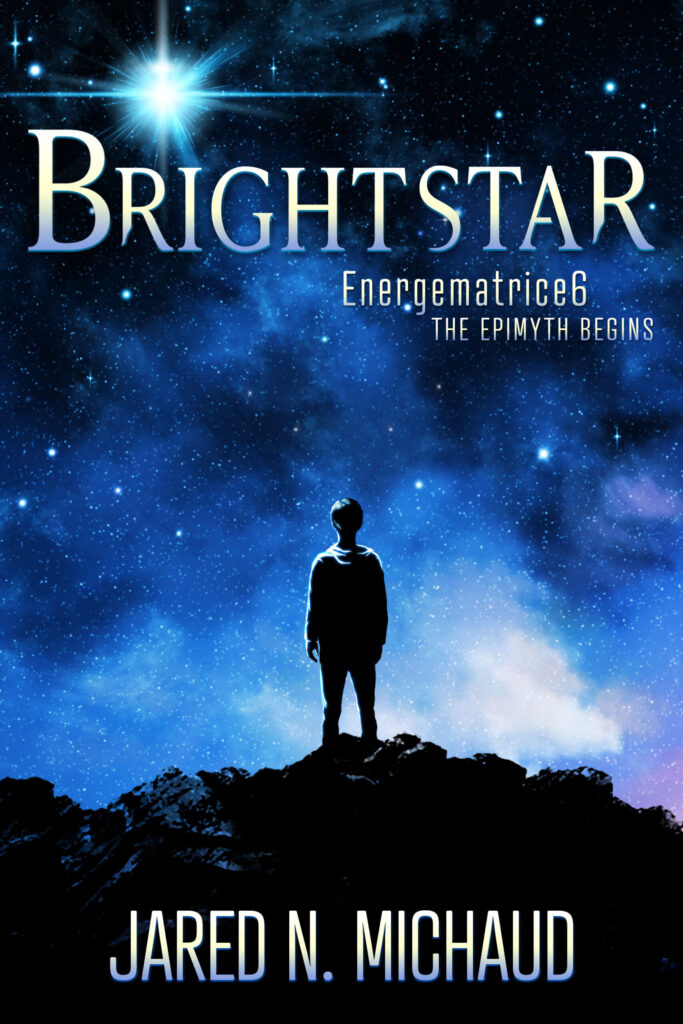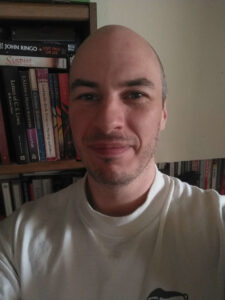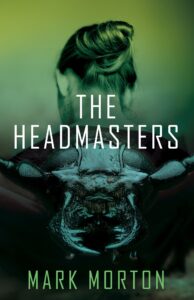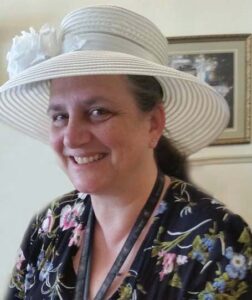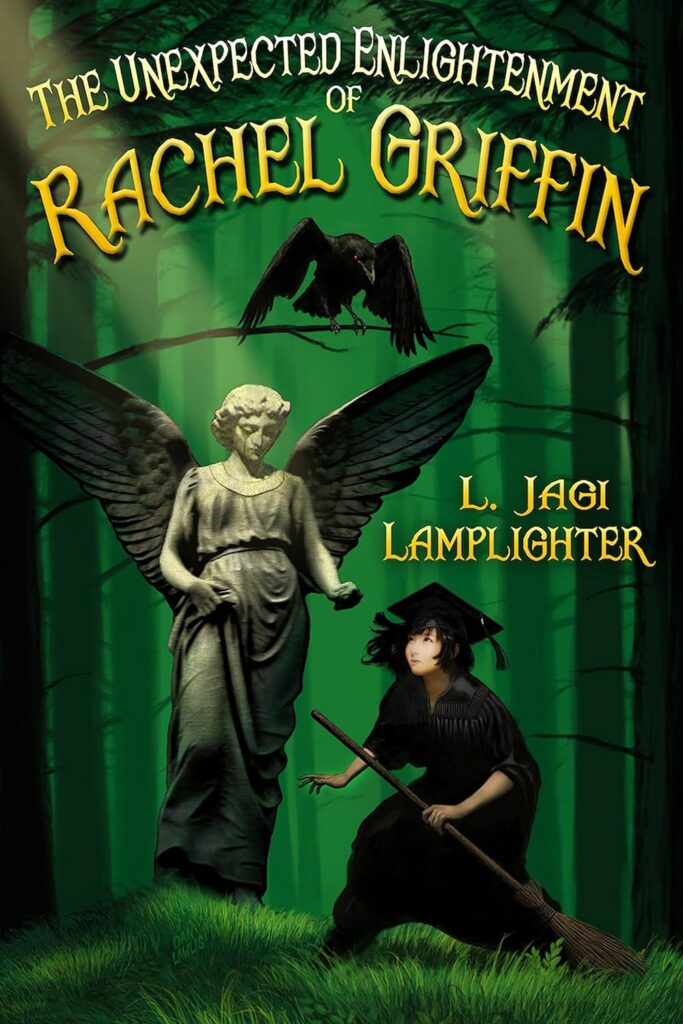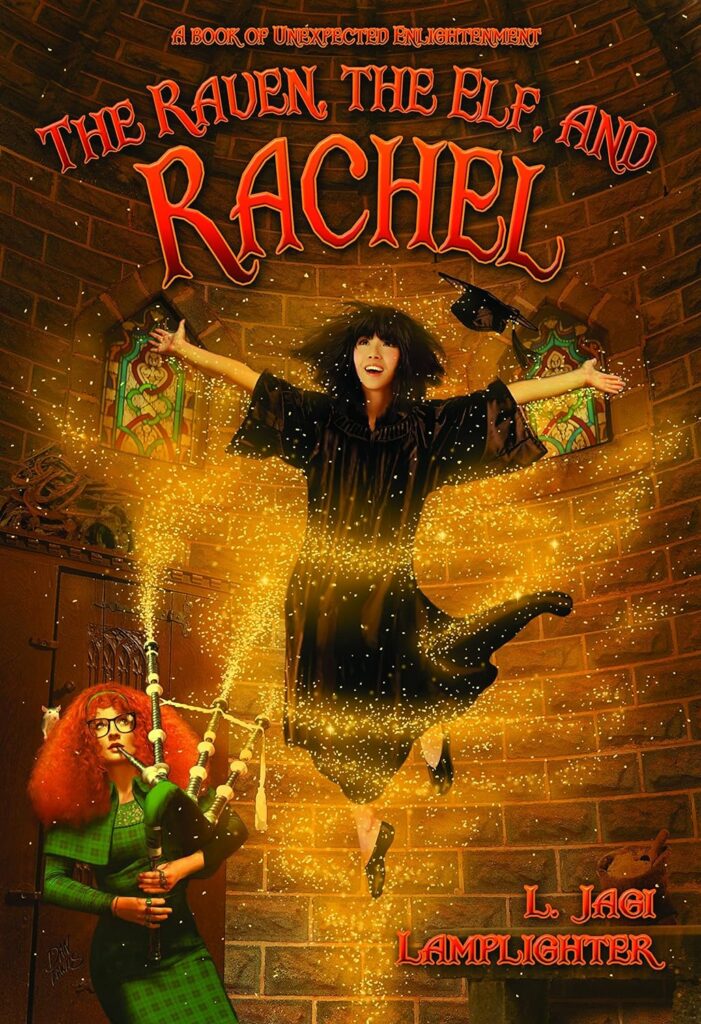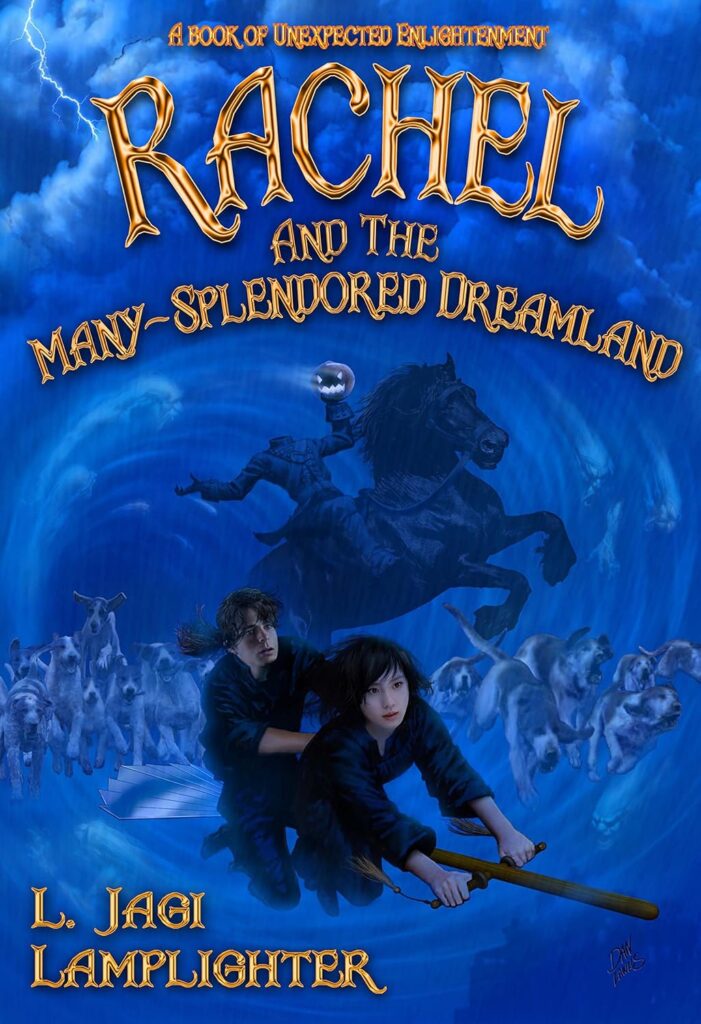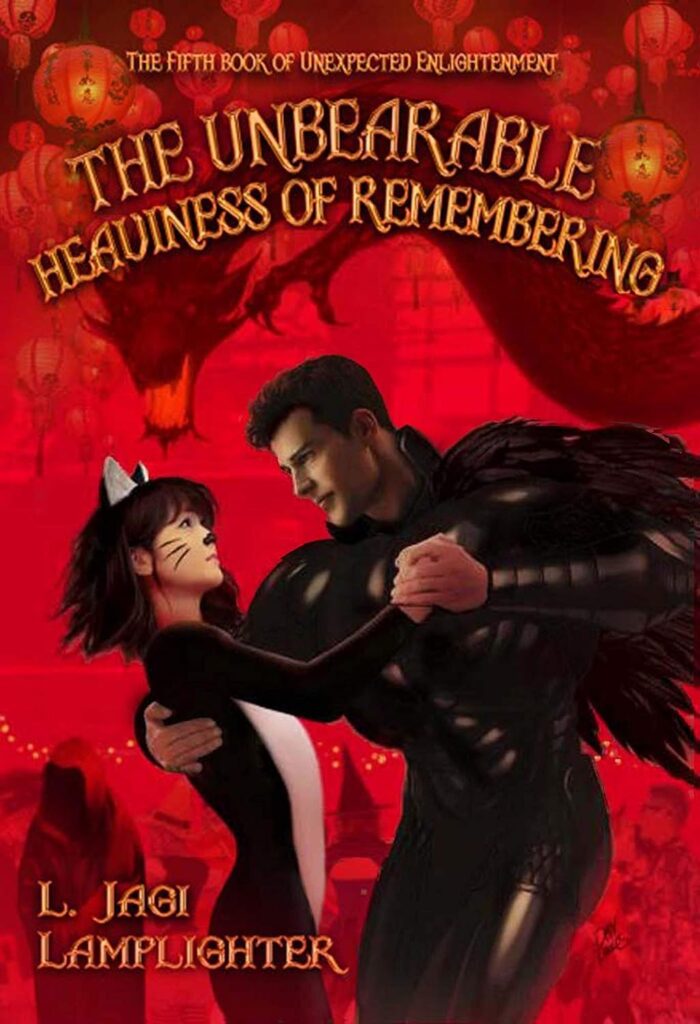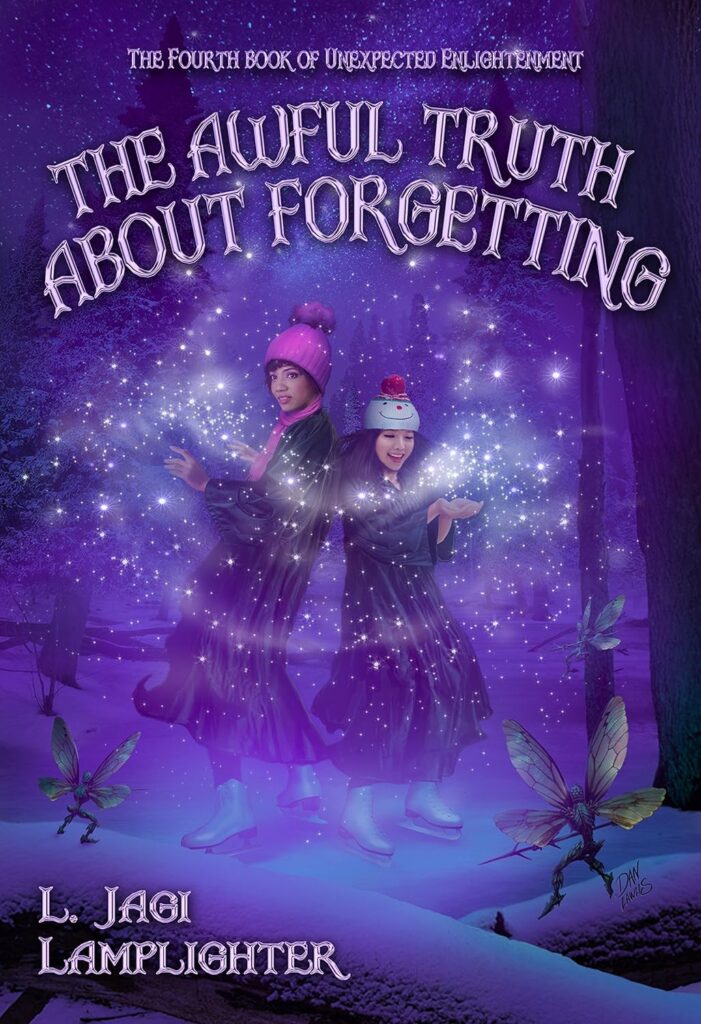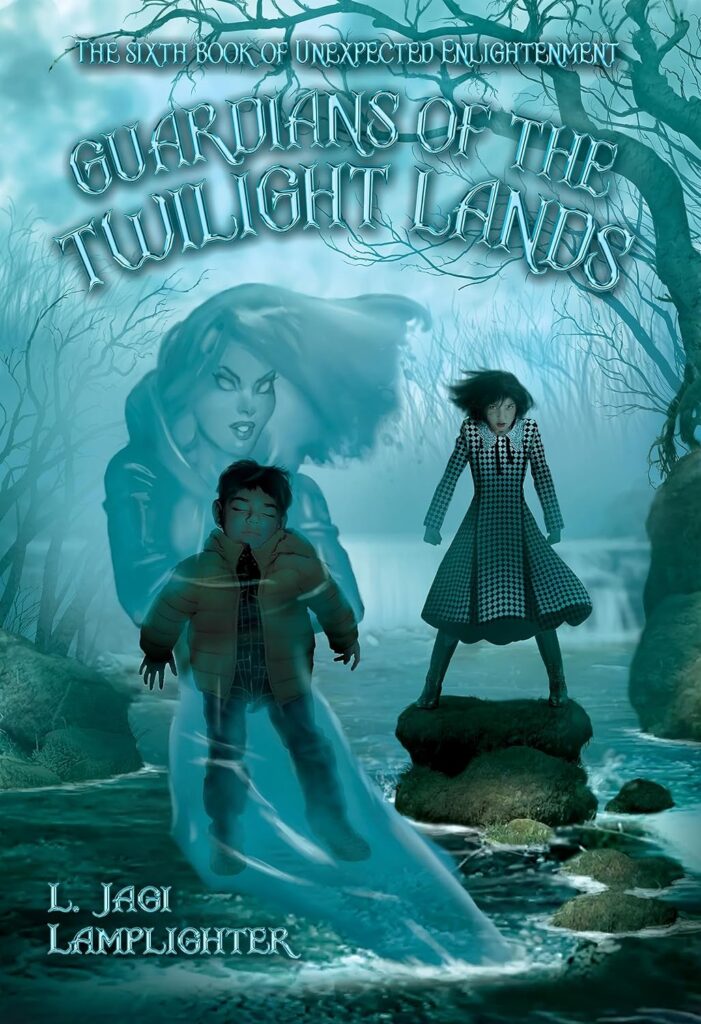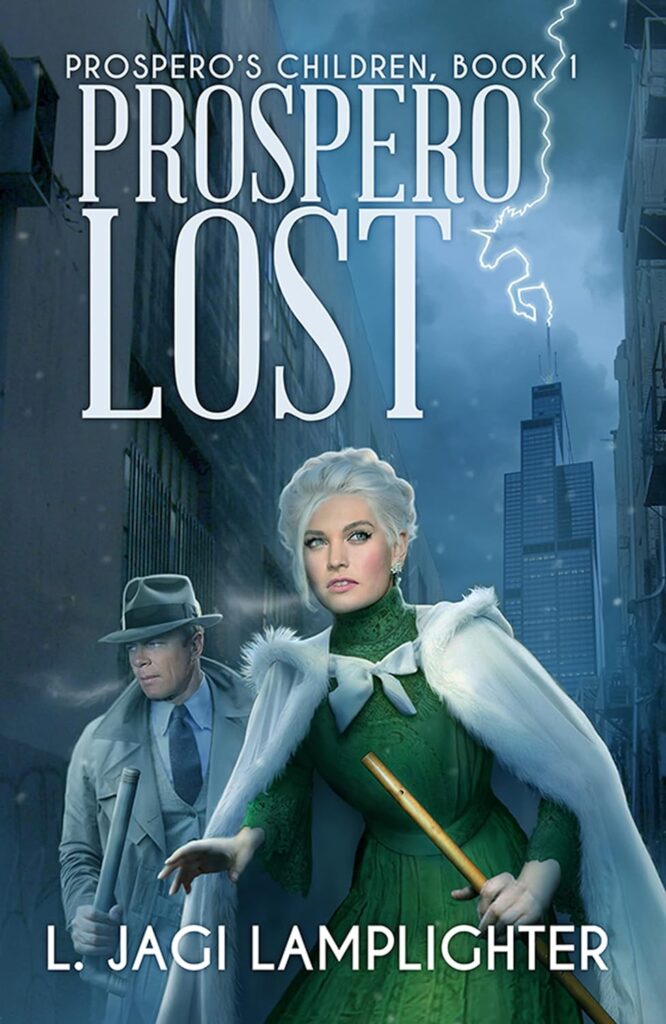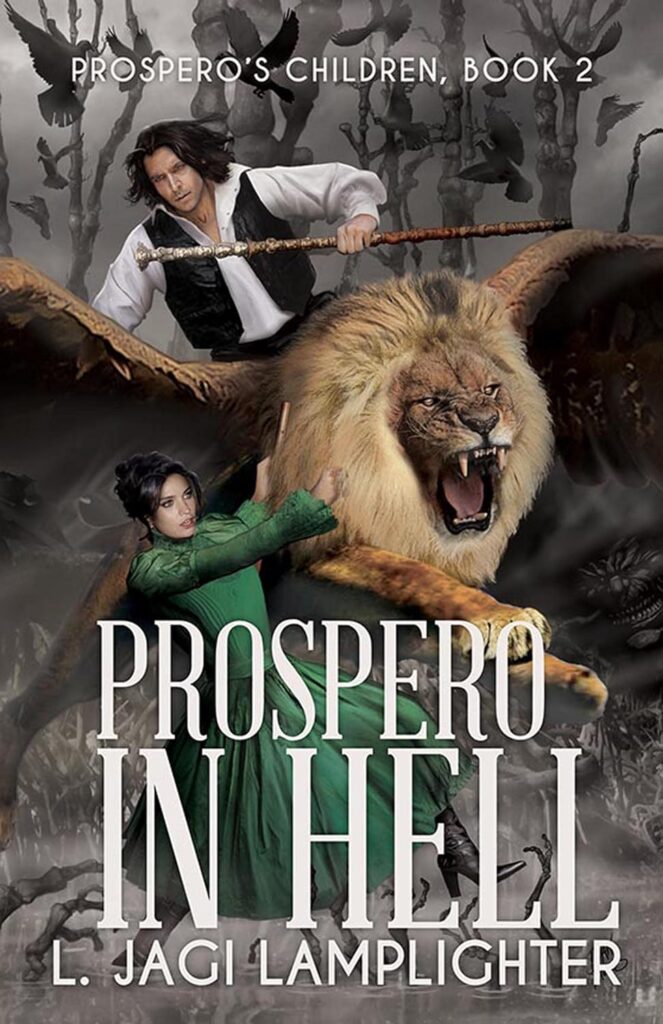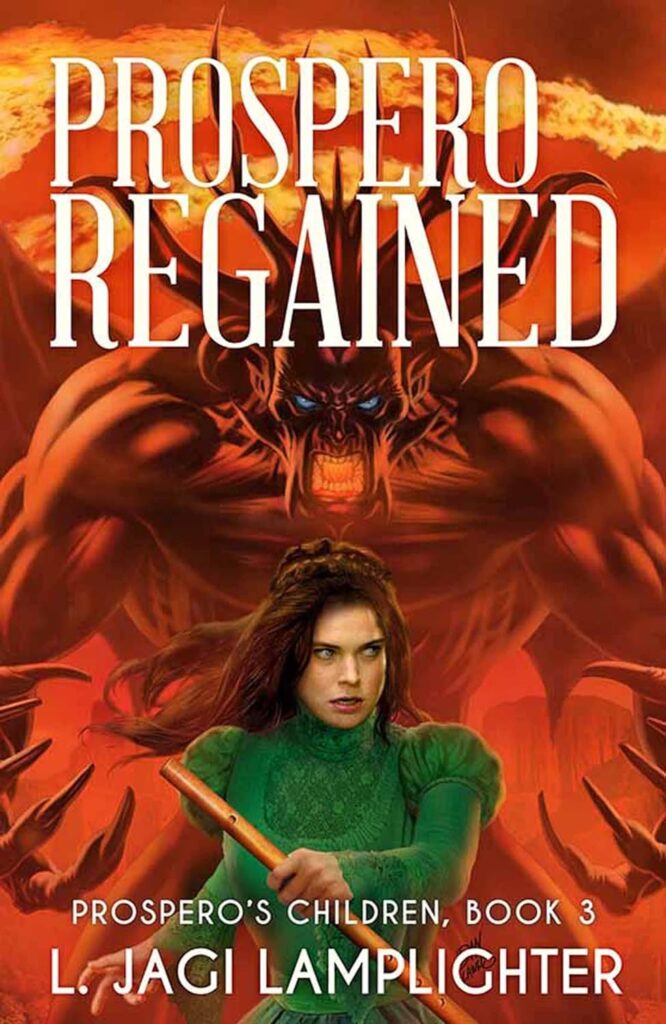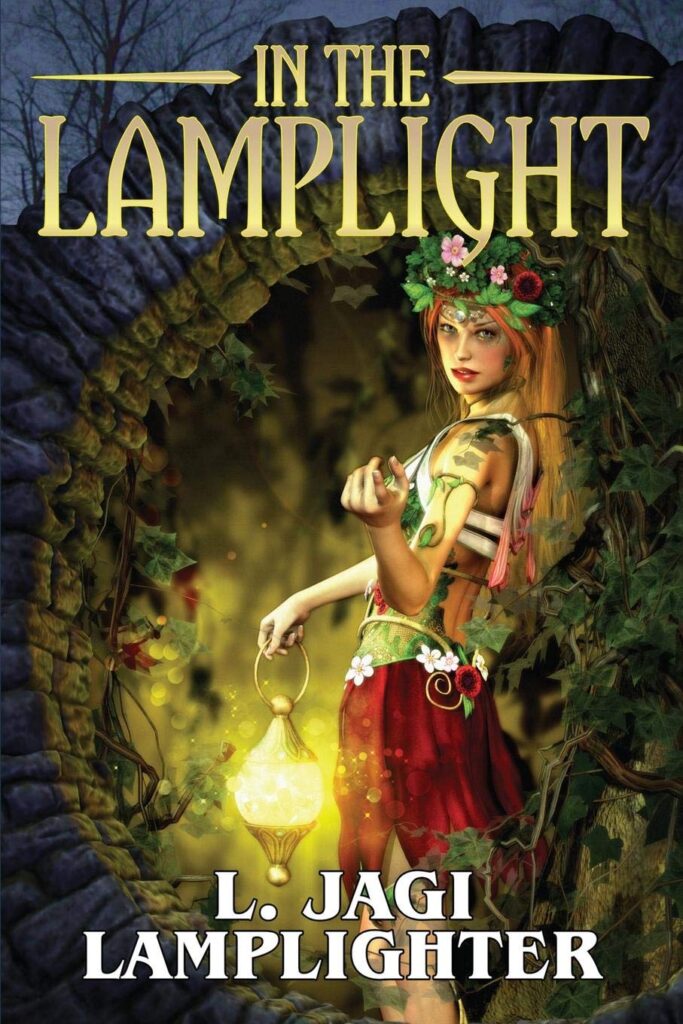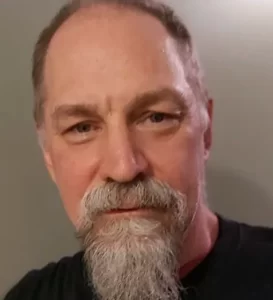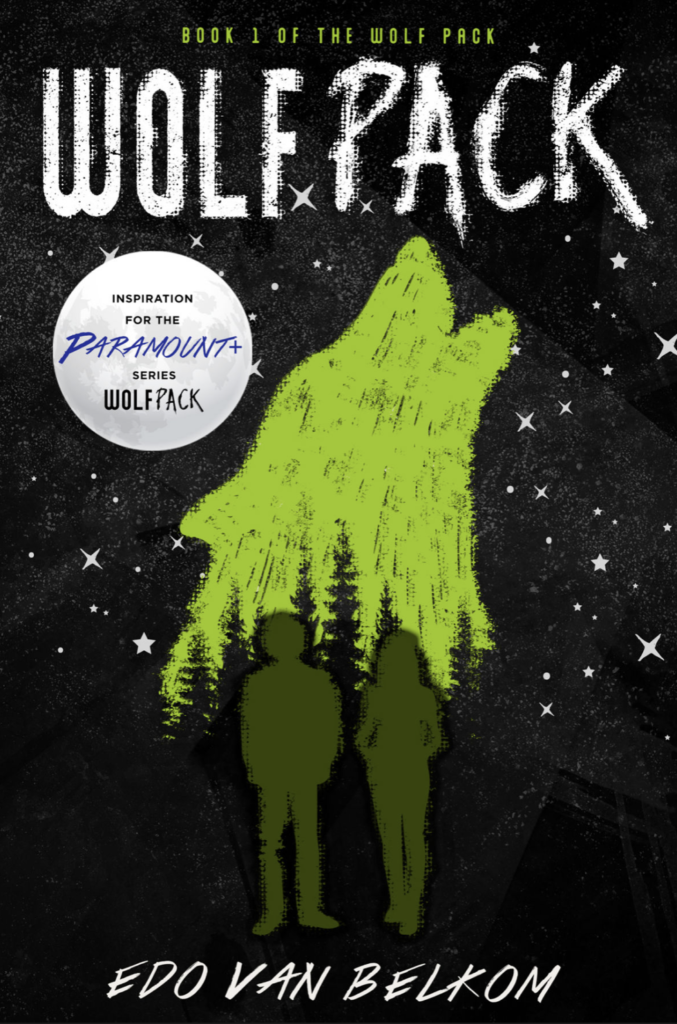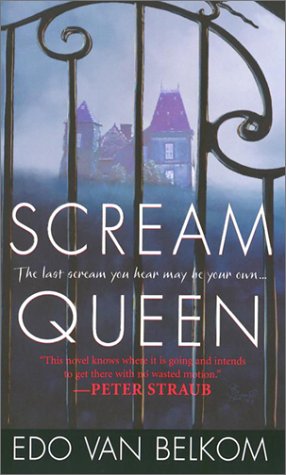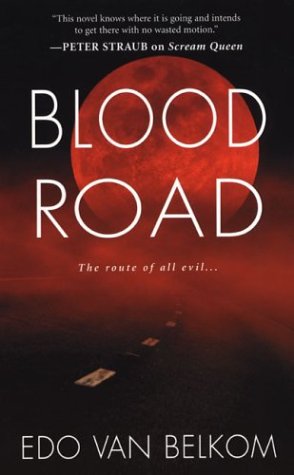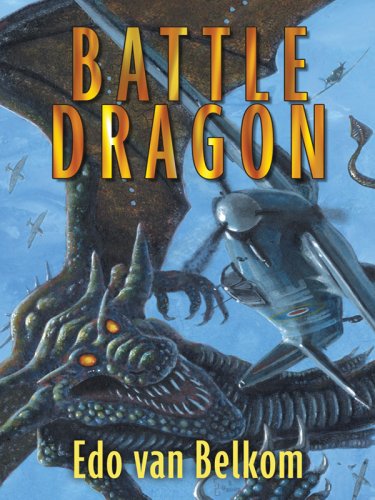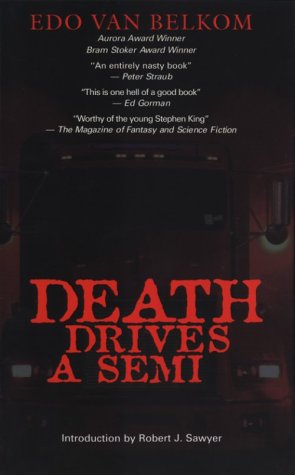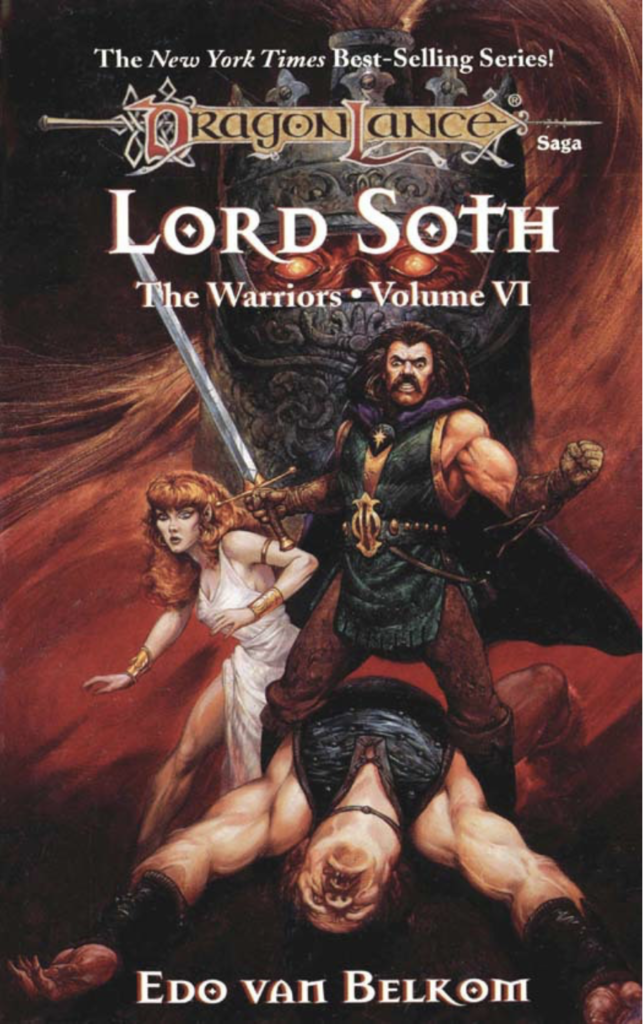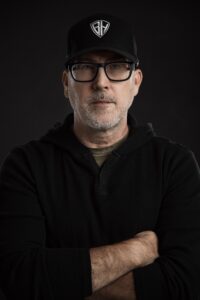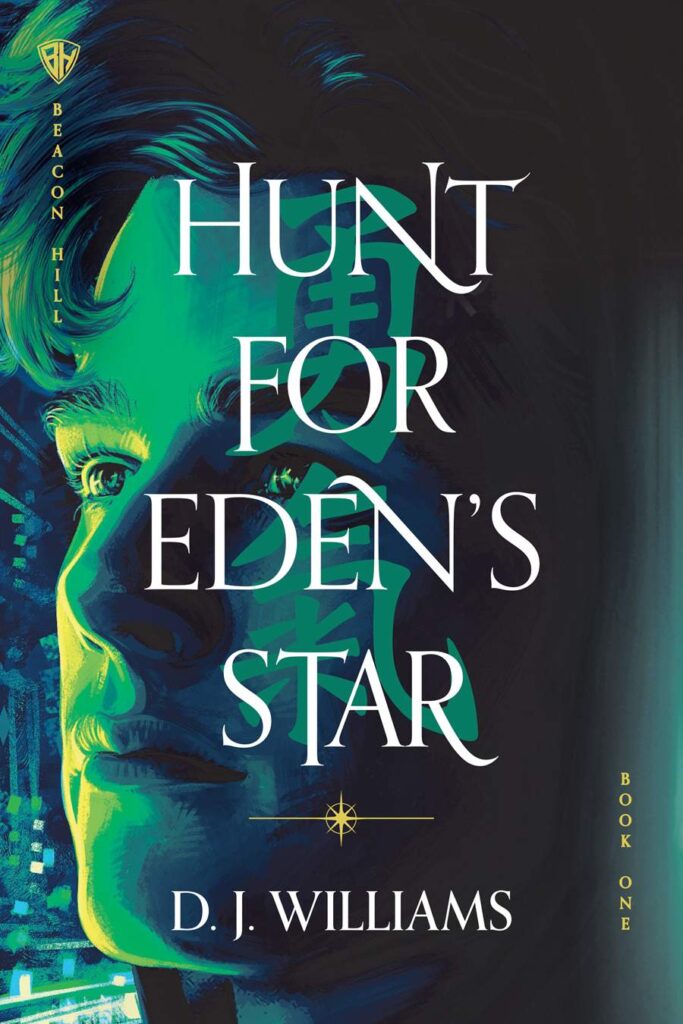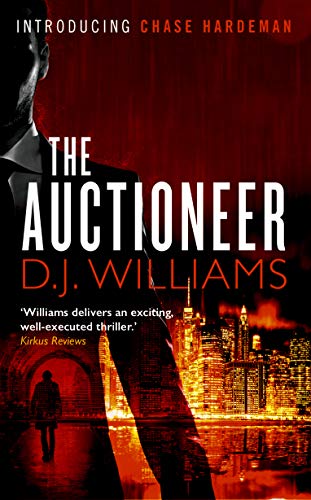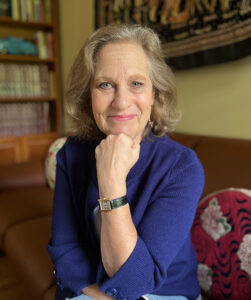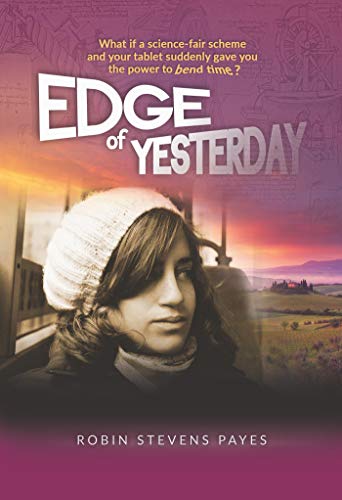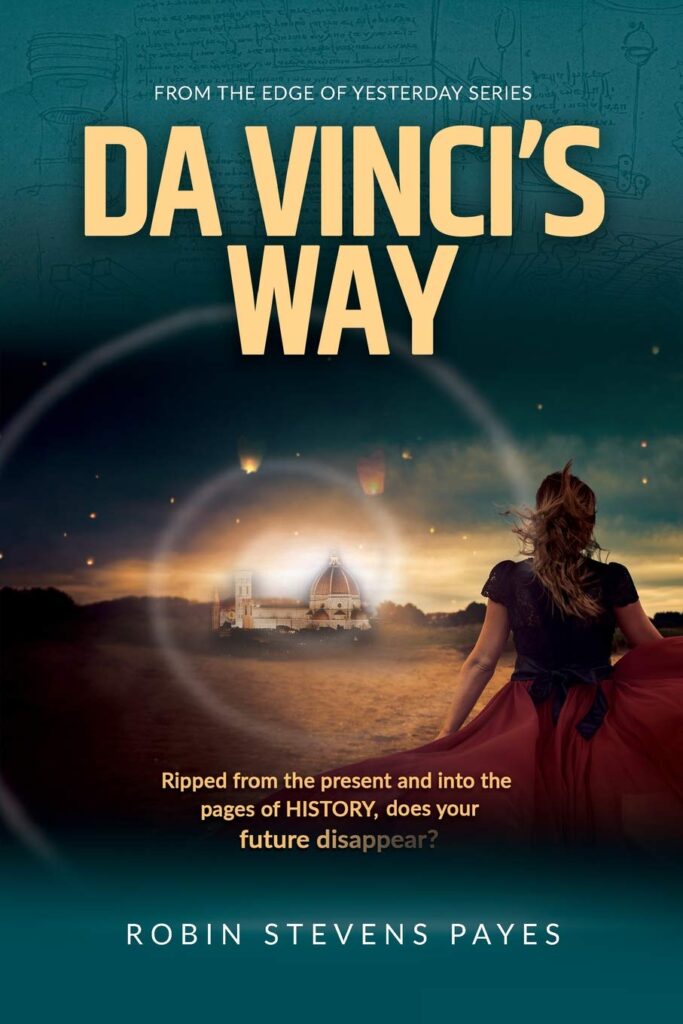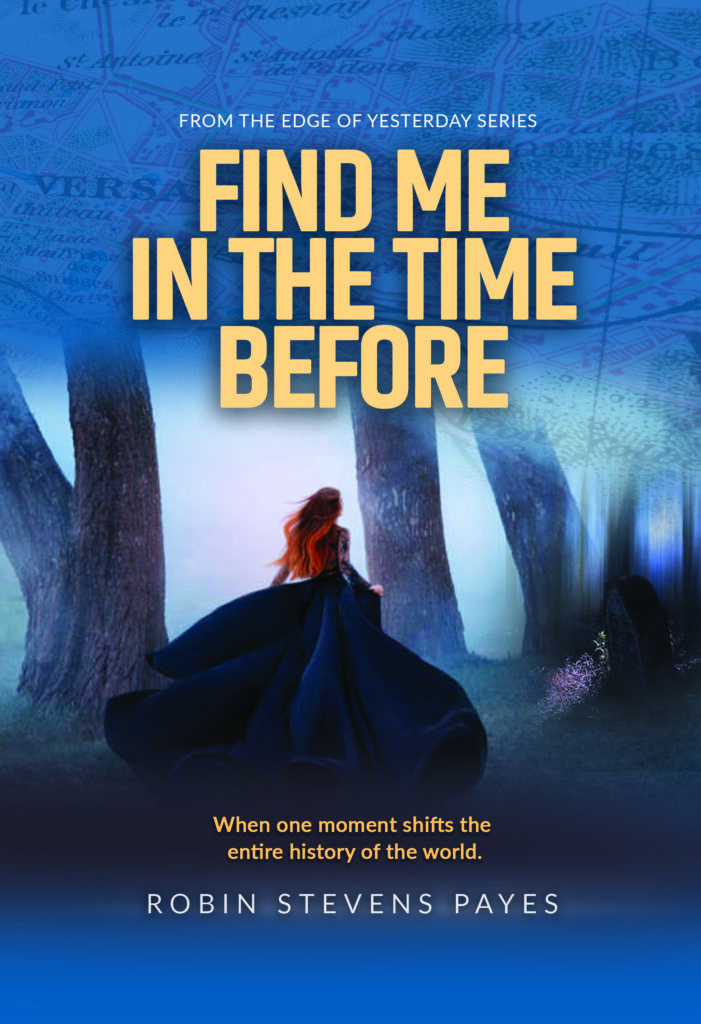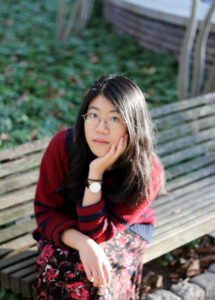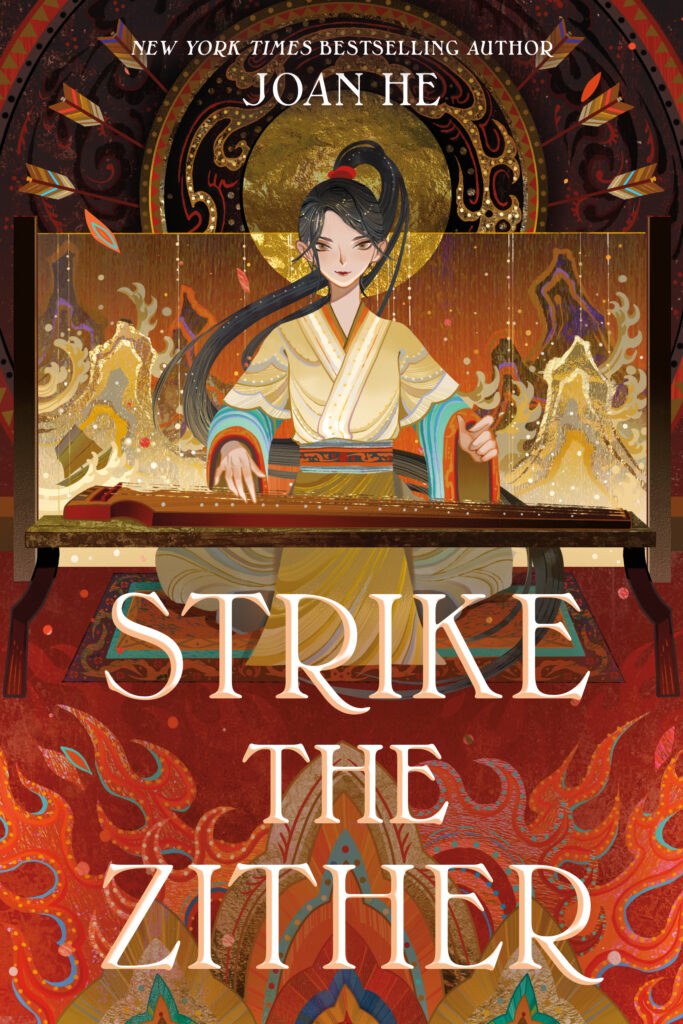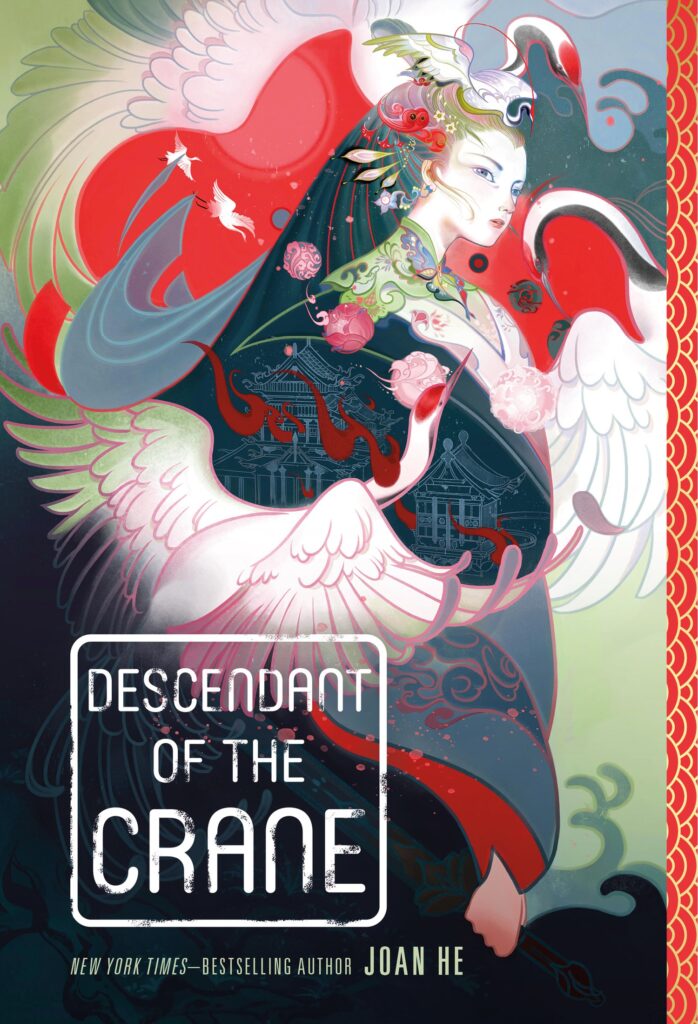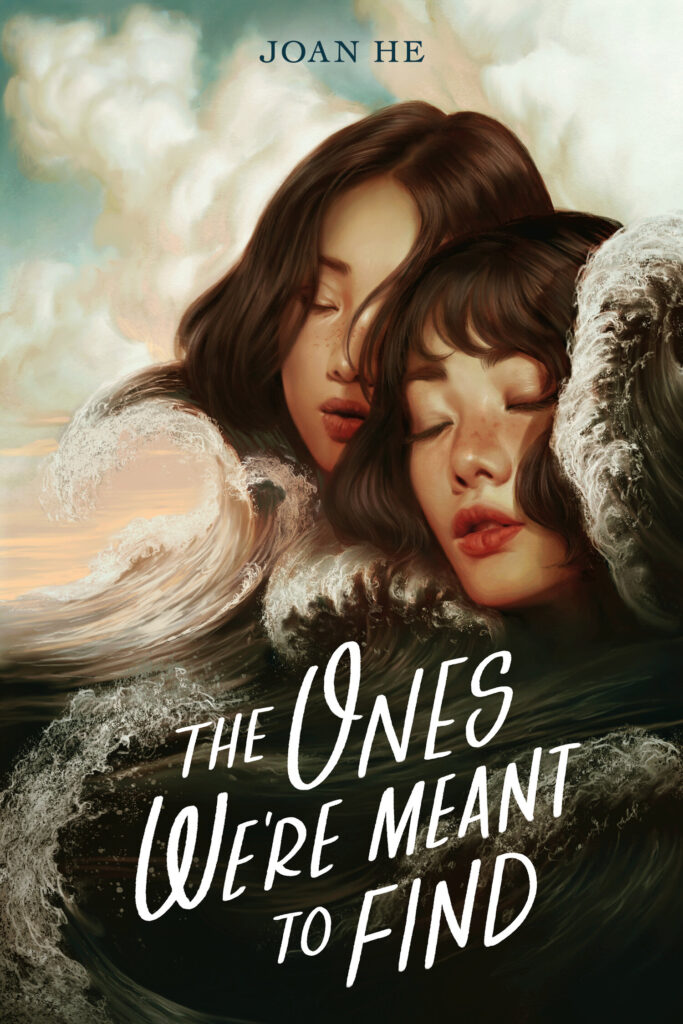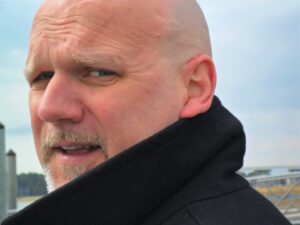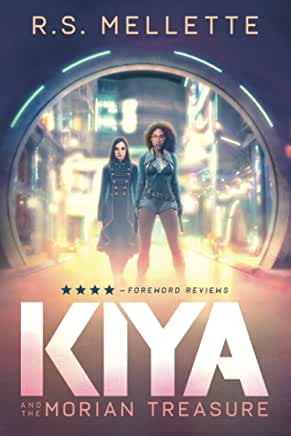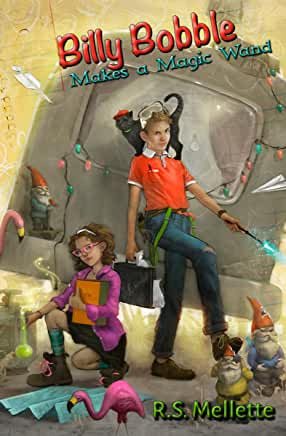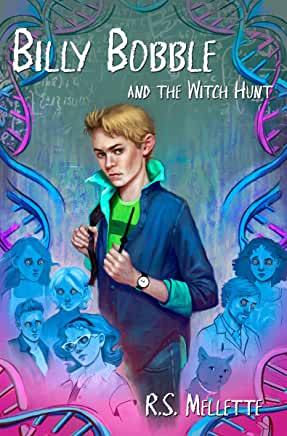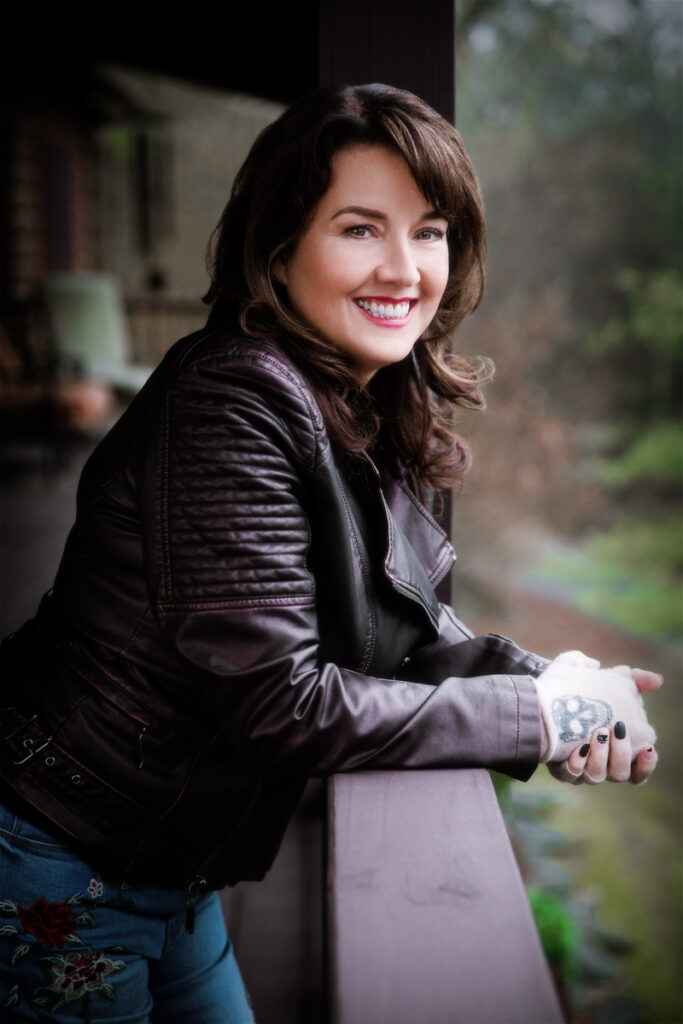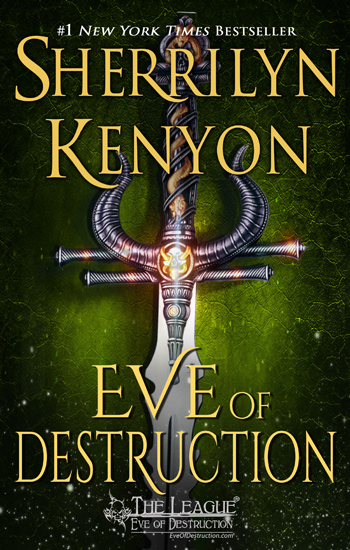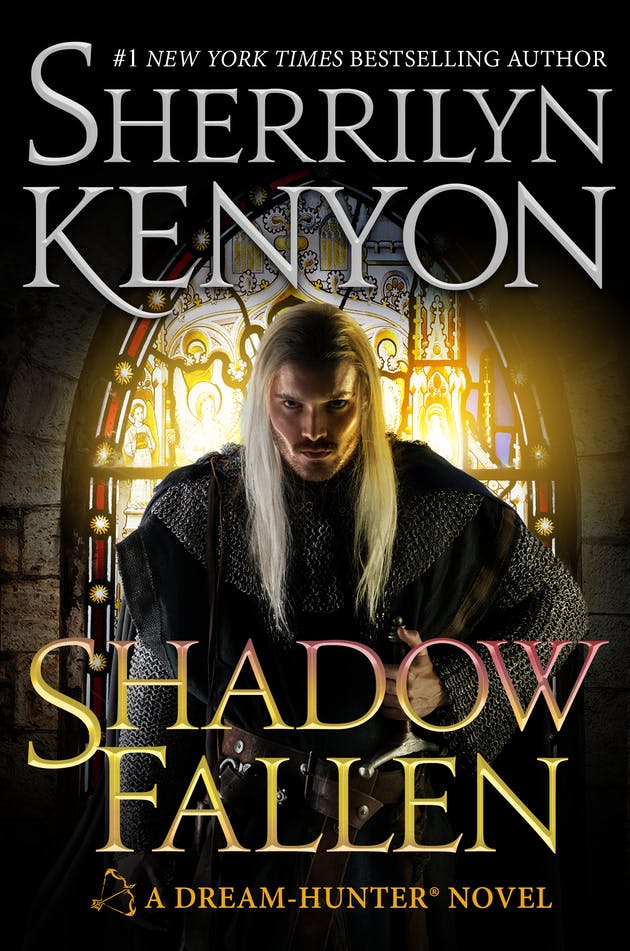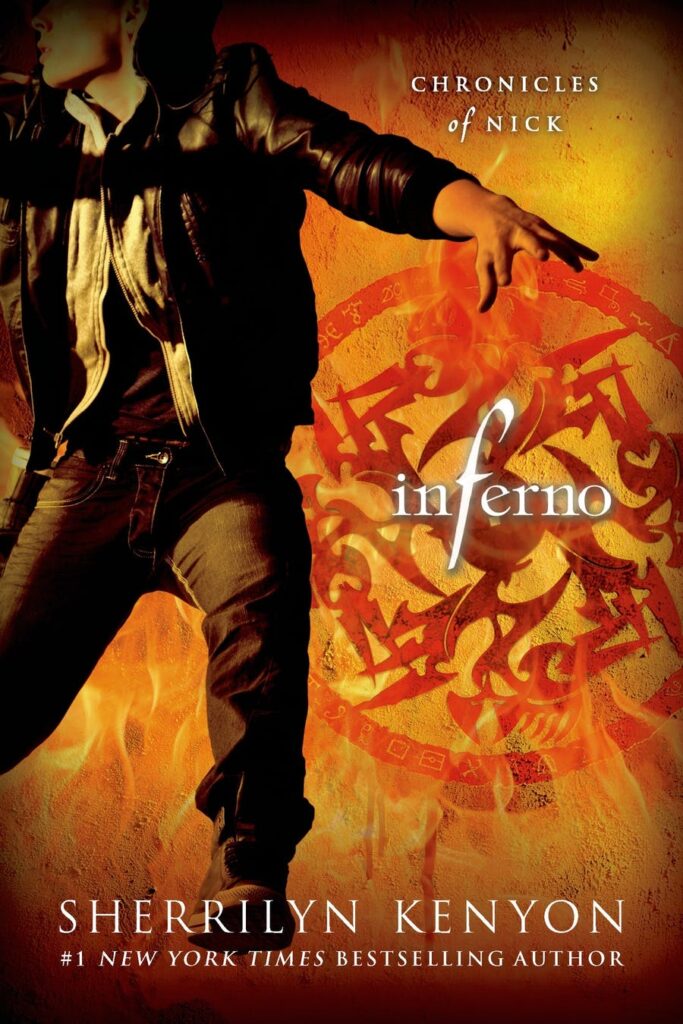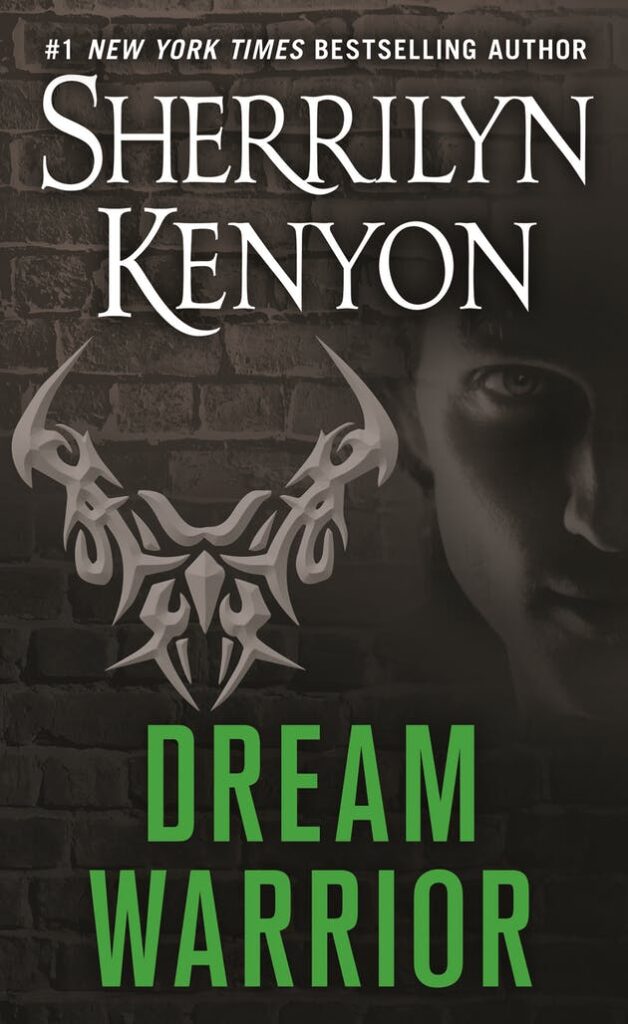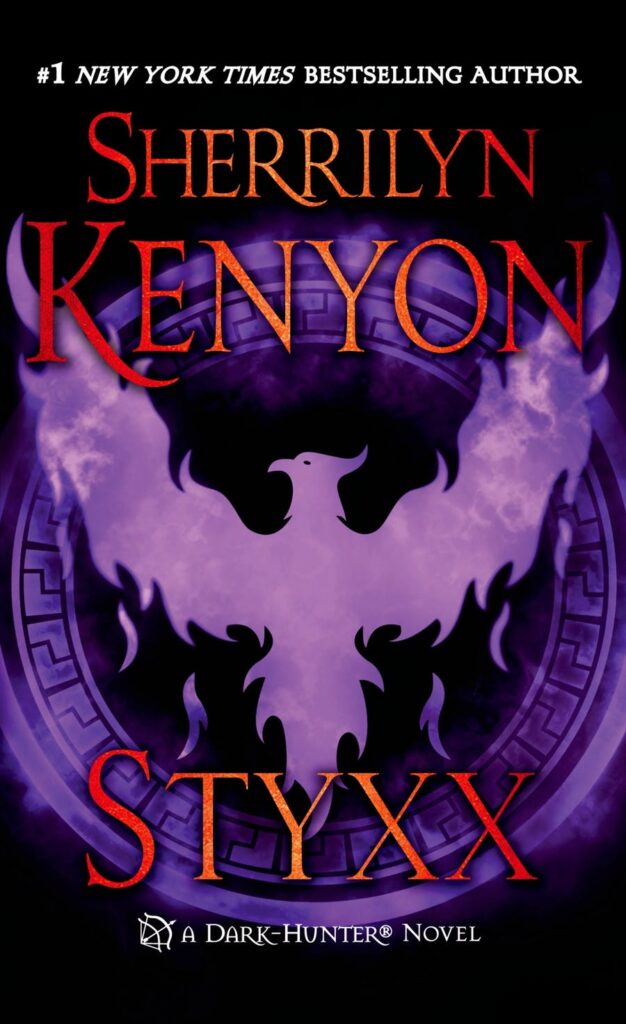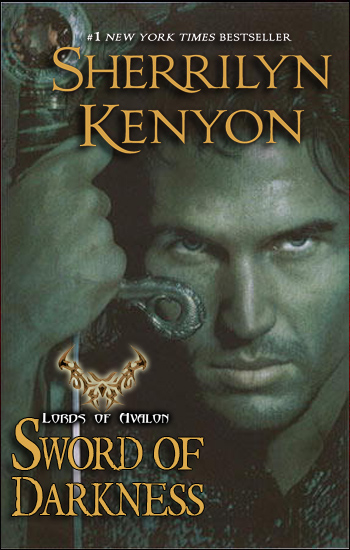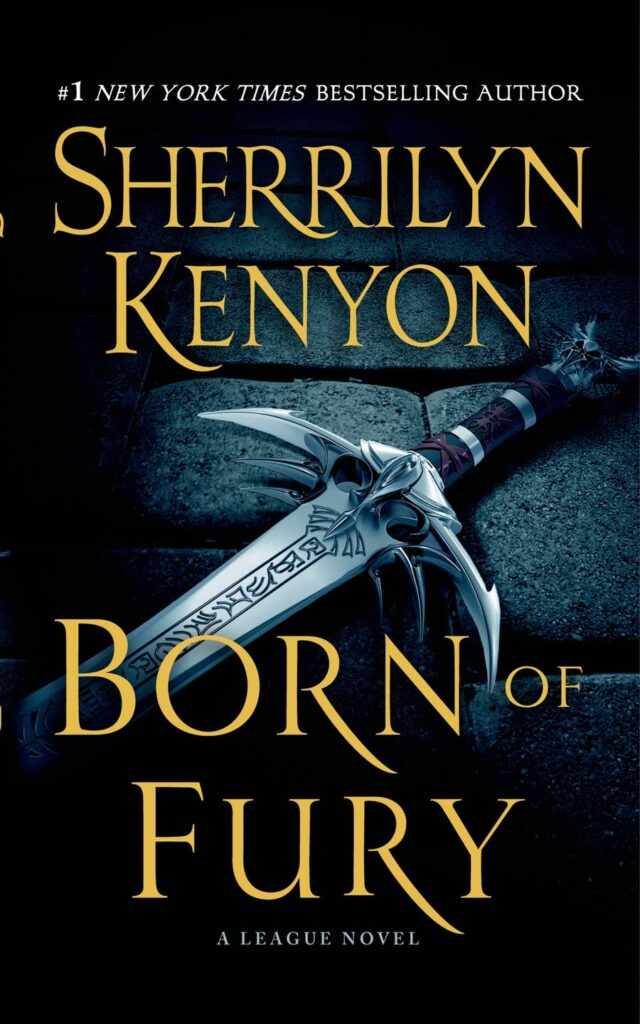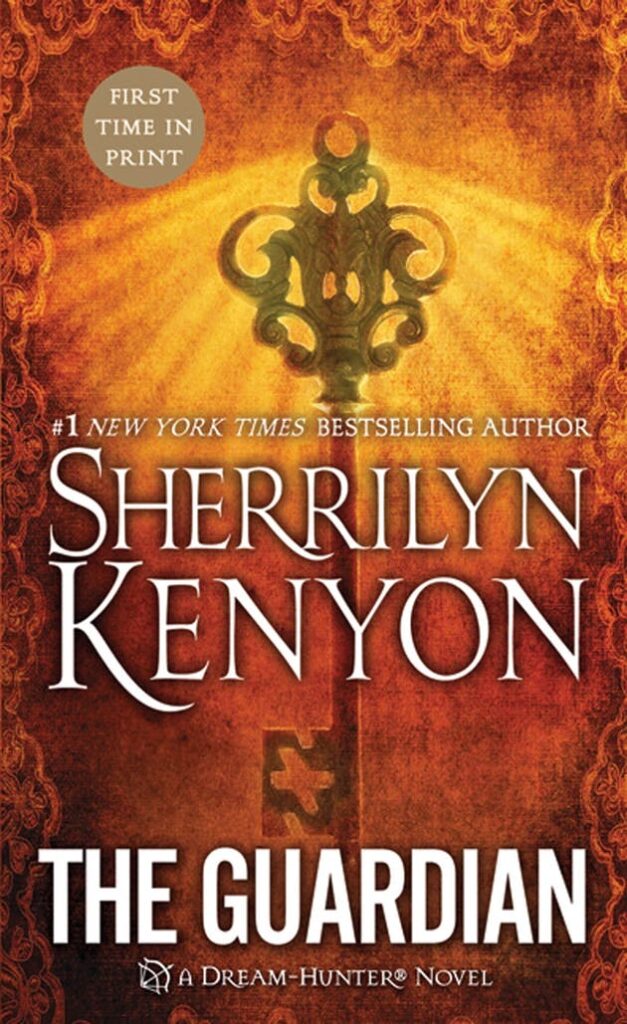Podcast: Play in new window | Download | Embed
Subscribe: Apple Podcasts | Spotify | Amazon Music | Email | TuneIn | RSS | More
A chat with New York Times bestselling YA author Kristen Cicarelli about Heartless Hunter, The Crimson Moth Book 1, a “dangerously romantic Scarlet Pimpernel-inspired fantasy.”
Website
kristenciccarelli.com
Facebook
@AuthorKristenCiccarelli
Instagram
@kristenciccarelli
Pinterest
@kciccarelli
Kristen Ciccarelli’s Amazon Page
Amazon Links for Heartless Hunter
Amazon.com
Amazon.ca
About the Book
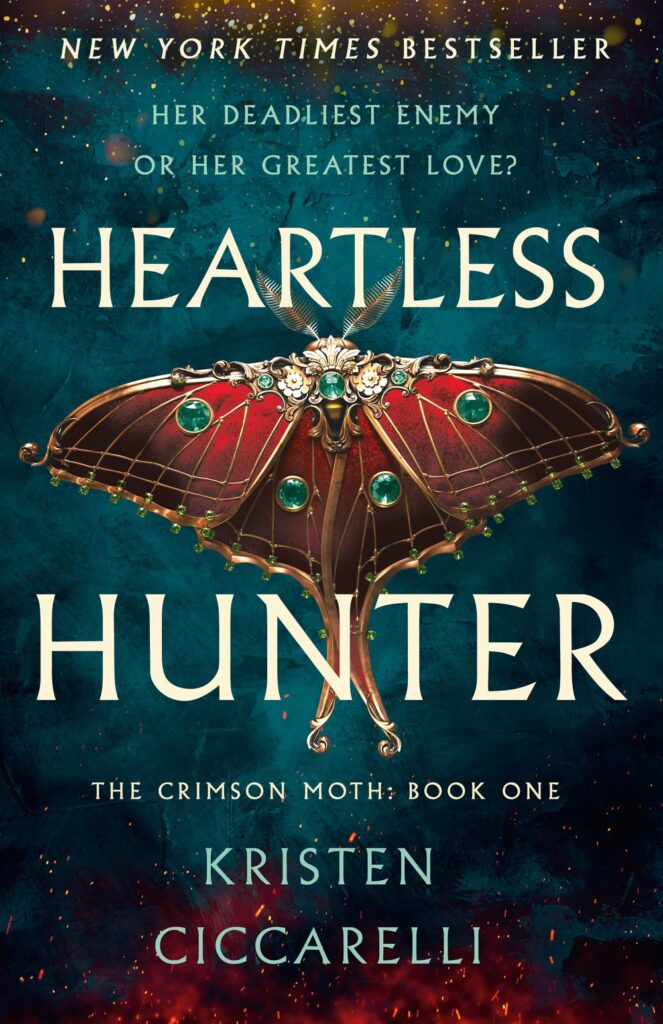
Enemies-to-lovers doesn’t get more high stakes than a witch and a witch hunter falling in love in bestselling author Kristen Ciccarelli’s latest romantic fantasy.
On the night Rune’s life changed forever, blood ran in the streets. Now, in the aftermath of a devastating revolution, witches have been diminished from powerful rulers to outcasts ruthlessly hunted due to their waning magic, and Rune must hide what she is.
Spending her days pretending to be nothing more than a vapid young socialite, Rune spends her nights as the Crimson Moth, a witch vigilante who rescues her kind from being purged. When a rescue goes wrong, she decides to throw the witch hunters off her scent and gain the intel she desperately needs by courting the handsome Gideon Sharpe – a notorious and unforgiving witch hunter loyal to the revolution – who she can’t help but find herself falling for.
Gideon loathes the decadence and superficiality Rune represents, but when he learns the Crimson Moth has been using Rune’s merchant ships to smuggle renegade witches out of the republic, he inserts himself into her social circles by pretending to court her right back. He soon realizes that beneath her beauty and shallow façade, is someone fiercely intelligent and tender who feels like his perfect match. Except, what if she’s the very villain he’s been hunting?
Kristen Ciccarelli’s Heartless Hunter is the thrilling start to The Crimson Moth duology, a romantic fantasy series where the only thing more treacherous than being a witch…is falling in love.
About Kristen Ciccarelli
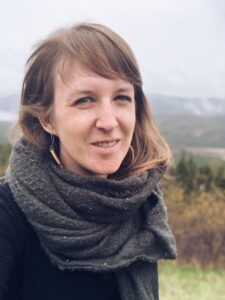
Kristen Ciccarelli is a New York Times-bestselling author whose books have been translated into over a dozen languages. She is the author of Heartless Hunter (Book 1 in The Crimson Moth duology), Edgewood, and the internationally bestselling Iskari series.
Before writing books for a living, she dropped out of college and worked as a baker, a potter, a bookseller, and an NGO worker. She currently resides in the NIagara region of Ontario with her husband and toddler.

